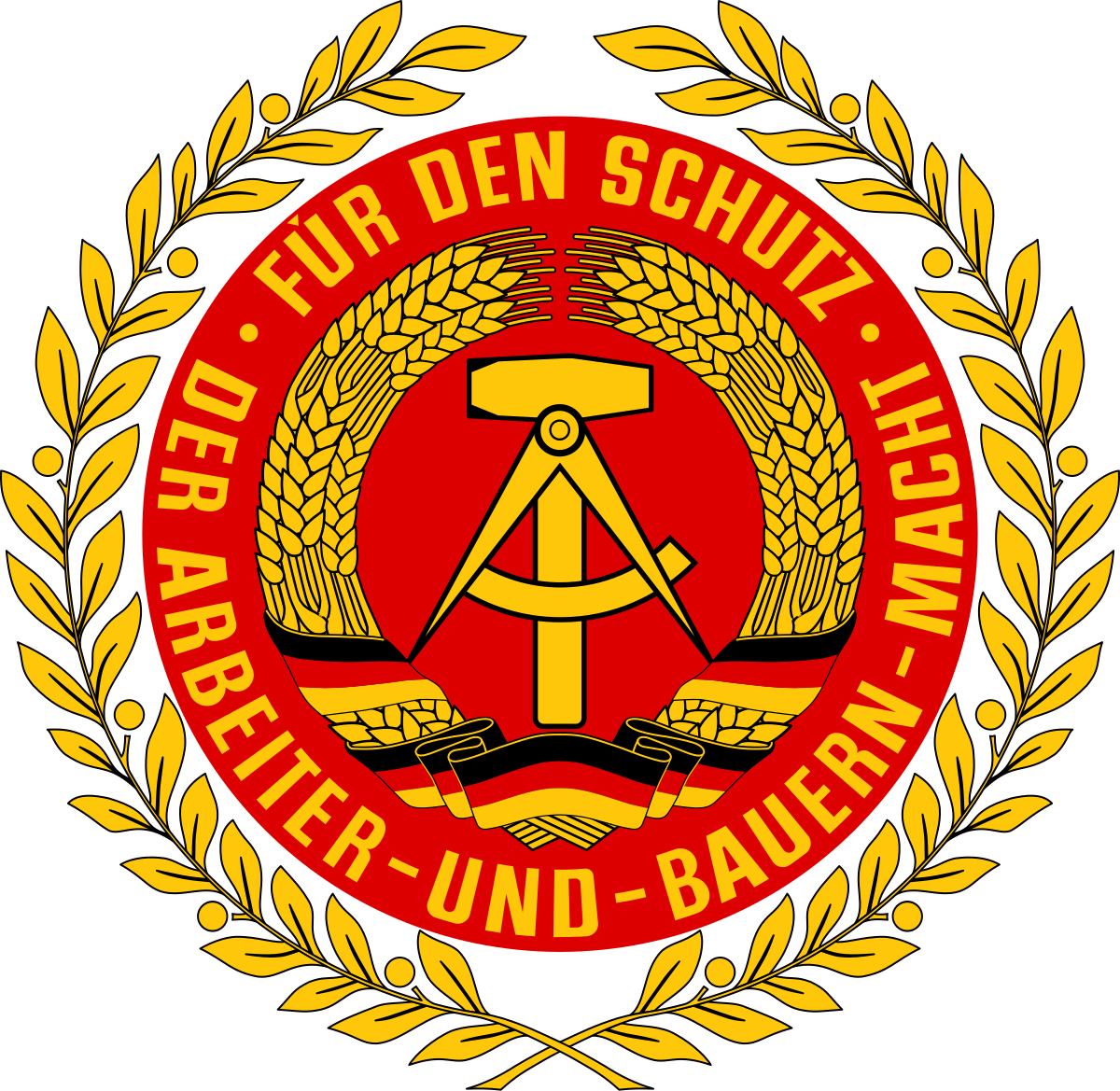How come the nominal form to describe a group of marginalized people often ends up becoming derogatory? (I’m gonna use fictional groups for this to avoid offending people) Let’s say that in my fictional universe where every Linux distro is a person, the Debian-based distros are marginalized, so how come saying “Debians” would become offensive whereas “Debian-based distros” would become the preferred term?
Secondly, how come putting “the” in front can make it offensive as well “the Debians”
Thirdly, how come less formal terms (think “Debbies”) also end up becoming offensive
Note: I’m not advocating for using the nominal form, I’m just asking why it is the way it is, I will continue to use forms that are preferable to marginalized groups.


Language is funny like that, as countless times throughout history, a simple way to describe something has become derogatory; many times unintentionally. For example with intellectual disabilities in particular; using the r-slur used to be completely normal and understandable, as it was just a simile medical diagnosis and a formal term. However over time it began to become attributed to negative aspects of the disability, and be used as an insult by the general population. Thus leading the word to become a slur. So the medical community transferred to a different term which then itself became a slur as the new term also became associated with the “deficits” of the disability, and so on the cycle continues.
Linguistics and cultural perceptions are extremely finnicky, and I will be honest when I say that no one has the answer you are looking for. There are whole branches of sociology and linguistics dedicated to this phenomenon.
The best answer I can give is simply saying that if the group that is being described by a term says that term is offensive, then it is generally a good idea to stray away from using it.